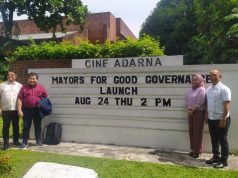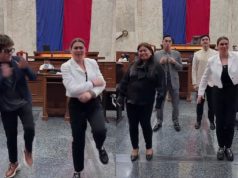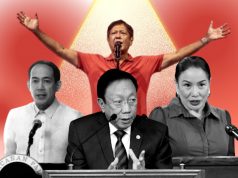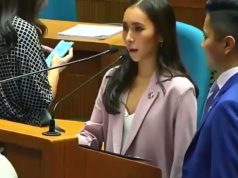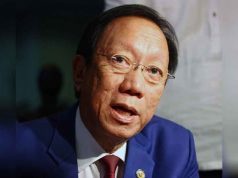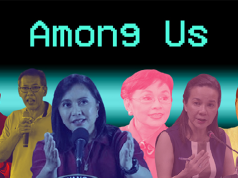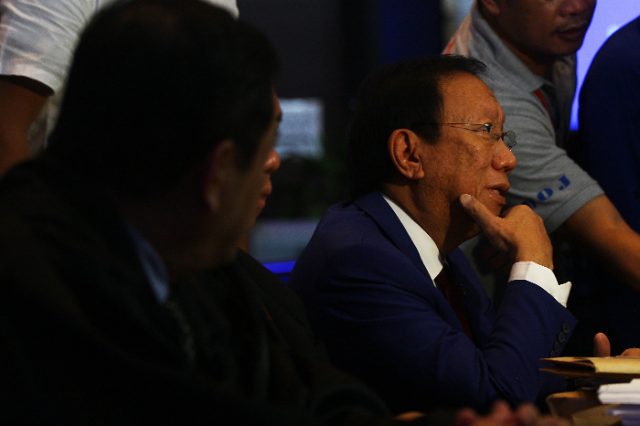
(Updated 2:09 p.m.) It was Solicitor General Jose Calida who was behind the search for the amnesty records of Sen. Antonio Trillanes IV, a spokesman of the Armed Forces of the Philippines admitted.
AFP Spokesman Col. Edgar Arevalo, kinumpirma na ang pagbawi sa amnestiya kay Sen. @TrillanesSonny ay dahil sa ginawang pagrereview ng Office of the Solicitor General Jose Calida. | via @Benjielite
— DZBB Super Radyo (@dzbb) September 4, 2018
In a recording, a journalist asked Col. Edgard Arevalo, the military spokesperson, “What triggered that response from [AFP’s personnel division]? Who inquired and who requested?”
“The Solicitor General did,” Arevalo answered.
Earlier this week, Calida refused to disclose details on the involvement of his office in the presidential order to void the amnesty granted to Trillanes in 2011.
Why the timing raises eyebrows
Calida himself is facing an inquiry by the Office of the Ombudsman and the Senate committee on civil service chaired by Trillanes over P300 million worth of government contracts his family-owned security agency bagged.
A perceived conflict of interest involving government’s top lawyer was flagged in May, inspiring calls for him to resign. President Rodrigo Duterte, however, stood by the side of Calida, who has a streak of legal victories at the Supreme Court in defending the president’s controversial policies.
Duterte’s revocation of the amnesty granted to Trillanes was published in newspapers on September 4, the same day as the first Senate hearing on possible graft by Calida’s security company.
This was made by virtue of Proclamation 572 that claimed Trillanes did not meet the minimum requirements to qualify for amnesty—a presidential grant concurred by Congress that technically erases charges against the person accused.
One of these requirements he supposedly missed, based on the Amnesty Proclamation in 2010, was in failing to file an Official Amnesty Application Form. On Thursday, however, the senator showed a copy of the application form leaked to him from inside the Department of National Defense.
The defense branches, however, insisted that there was no copy of the application form to be found. This begs the question: Did the DND lose the copy? If so, why would the former mutineer who was subsequently forgiven take the blame?
Moreover, photos and video clips of the media coverage that showed Trillanes filing the amnesty in 2011 form surfaced.
Others also observed how the proclamation was issued while Duterte and a sizeable Philippine contingent were in Israel.
Even as the order to have his amnesty revoked was issued, Trillanes still proceeded with the Senate panel’s inquiry, but only Calida’s lawyer Jose Bernas attended the hearing.
Calida’s case: What the panel found
Calida was tagged in controversy surrounding the company his family owned, the Vigilant Investigative and Security Agency Inc., for receiving P358-million worth of contracts secured from at least seven government agencies:
- Department of Justice
- Philippine Amusement and Gaming Corp.
- National Electrification Administration
- National Anti-Poverty Commission
- National Economic and Development Authority
- House of Representatives
- National Parks Development Committee
Calida’s resignation in 2016 from VISA was noted in VISA’s disclosure to the Securities and Exchange Commission. However, Trillanes obtained VISA’s information sheets with the SEC from 2016 to 2018 indicating that Calida remained majority shareholder and president of the company while serving his term as solicitor general.
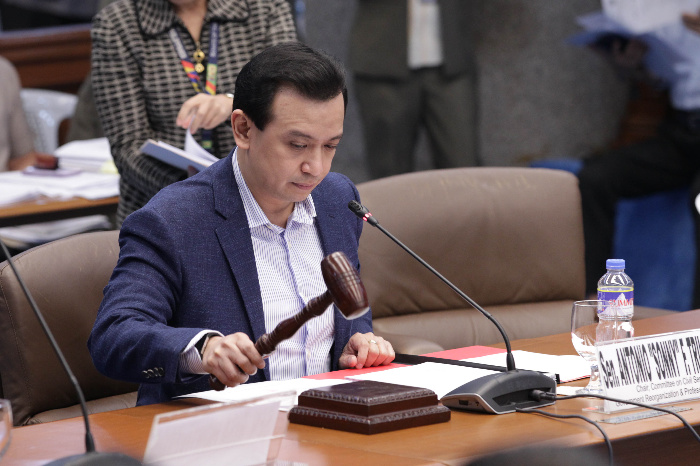
In section 3 of Republic Act 6713 or the Code of Conduct and Ethical Standards for Public Officials and Employees, conflict of interest occurs when “a public official or employee is a member of a board, an officer, or a substantial stockholder of a private corporation or owner.”
When conflict of interest has been found, the public official has two options based on Section 9:
- “He shall resign from his position in any private business enterprise within thirty days from his assumption of office and/or,
- “Divest himself of his shareholdings or interest within sixty days from such assumption.”
Calida argued that he chose to leave VISA in 2016 before he was appointed solicitor general, thus making the supposed irregular contracts legal. Given the broad context of the phrase, Trillanes sought to amend the provision by further defining it through Senate Bill 1924, which was also tackled in the hearing.
“This proposed measure seeks to expand the definition of conflict of interest to include the exertion of undue influence by a public official or employee in pursuing government dealings for the purpose of personal gain or benefit,” Trillanes wrote.
Editor’s Note: An earlier version of the story claimed that Mr. Calida was facing a Commission on Audit investigation. It has been corrected to reflect that a complaint is pending before the Office of the Ombudsman.




